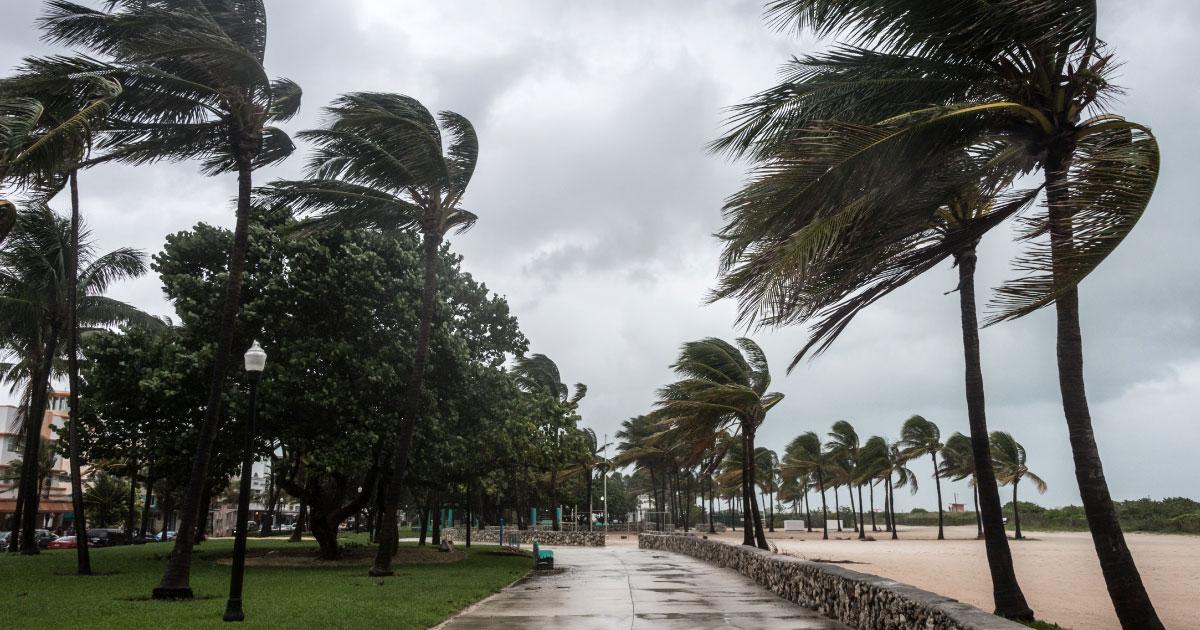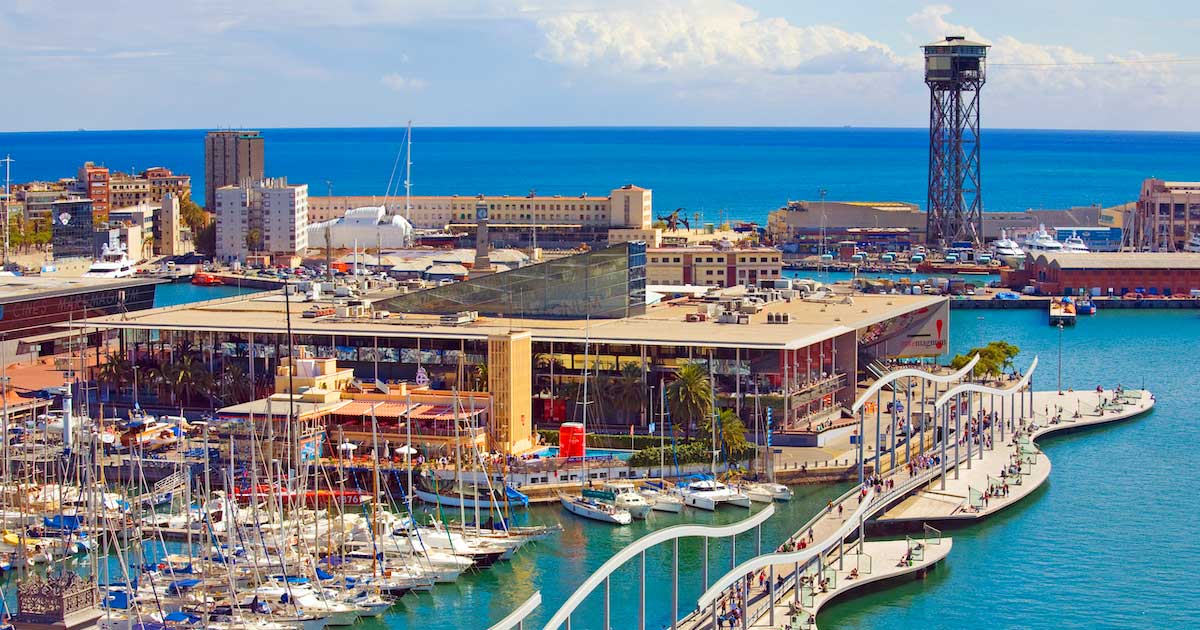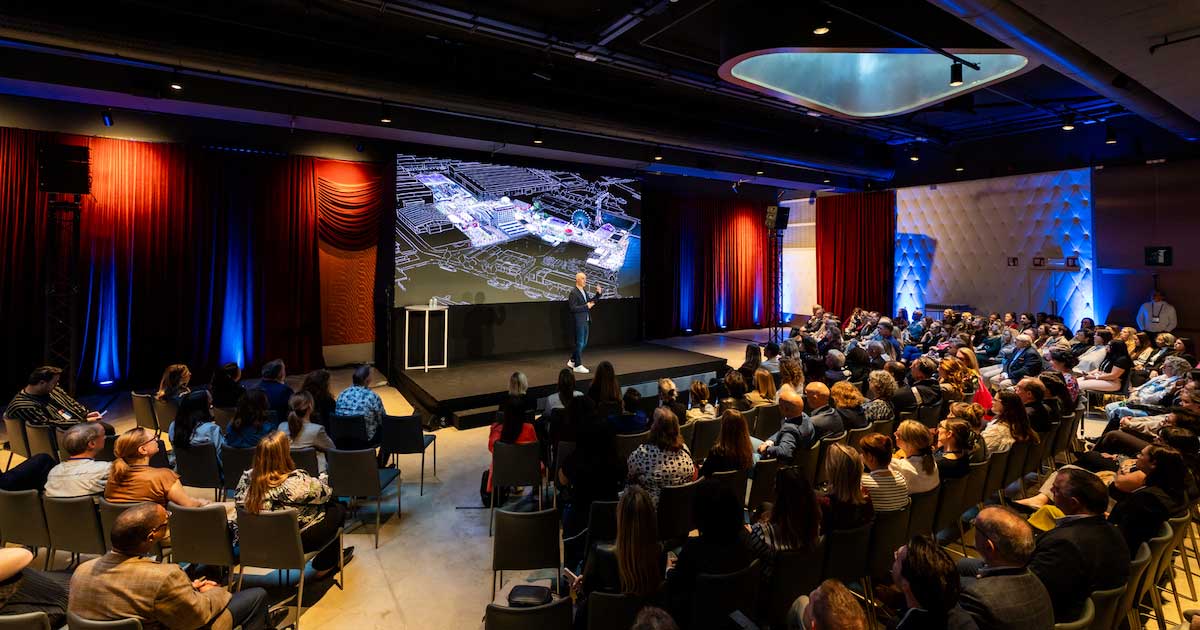Hurricane Michael, the strongest hurricane ever to hit the Florida Panhandle—with 129 mile-per-hour winds measured at Tyndall Air Force Base near Panama City—roared ashore on Wednesday (Oct. 10), with a Florida death toll of at least 18 people and damage in the billions of dollars.
Both the death toll and the property damage costs are expected to grow larger. Because of massive lack of electrical power—about 300,000 electrical outages in the 12 county area of Florida that Michael hit, plus the huge number of downed trees that block roadways and obscure homes that may have victims inside them—governmental authorities said on Friday (Oct. 12) that it could be days before all the damage and death has been tabulated.
And without question, there will be millions if not billions of dollars in damage to the tourism and meetings infrastructure. The eye of the hurricane—ground zero, if you will—was the central Panhandle town of Mexico Beach, 31 miles southeast of Panama City and 76 miles southwest of the state capital city of Tallahassee.
All three cities were still largely cut off from communication on Friday because of lack of electricity and lack of highway access—even Tyndall Air Force Base, hit hard by the storm, was still closed the day aftering Michael hit, and FEMA (the Federal Emergency Management Agency) was telling displaced residents that it was not safe to go back to their home counties, much less their individual homes, as late as Friday.
But almost as soon as the winds eased and the storm moved north on a path that would take it through six U.S. states, FEMA and a group of other organizations, including MPI, were marshalling their resources to help.
Related Articles:
From the Editor: Rallying to Help Each Other
Breathing a Sigh of Relief Following Hurricane Florence Puerto Rico Convention Center Finds a 'Silver Lining' Following Hurricane Maria
“We have reached out to members in the affected areas to offer our assistance and support,” Liz Hogan, president-elect of the MPI North Florida Chapter, said on Friday. “At this time, communication is still a challenge as so many are without power, cell phone and internet service. As more information becomes available it will be shared out through the local CVBs and MPI North Florida’s community outreach committee, which is working to organize an outreach to our members in the Panhandle and will be there to offer our assistance in any way possible.”
Sara Melvin, CMP, president of the MPI Tampa Bay Area Chapter, said her chapter will be doing fundraising to help North Florida Chapter members who have suffered losses from Hurricane Michael, and doubtless other chapters will do that as well
“Being in Florida, we’ve all had hurricane and natural disaster challenges over the years and we are all likely to need some help in the future,” she said. “We will incorporate a fundraiser into our next event and we will be reaching out to our peers in North Florida to see what else we can do to help. This is a very caring industry, and people in our industry are very strong on the concept of helping others.”
Melvin was quick to point out that all of the other major tourism areas of Florida, ranging from Miami to Fort Lauderdale to Orlando to the Tampa Bay area to Jacksonville to the Florida Keys, were not impacted by Hurricane Michael and are definitely in business-as-usual status.
“We live in a very large state, and sometimes people don’t realize that a story can hit one part of Florida without having any impact at all on the other parts of the state,” she said.
Chapters all over the world have benefitted from the outreach of not just fellow MPI members but from industry members in general. Hospitality industry officials from Southern California to Houston to New Orleans to Puerto Rico have recounted incidents of everything from dollar donations to groups saying they wanted to book various destinations specifically because they had suffered natural disasters.
Hurricane Michael was not just a Florida-specific disaster, of course. Heading northeast when it left Florida, the big storm moved through parts of Alabama and Georgia, into the Carolinas and part of Virginia before it moved into the Atlantic Ocean.
Because of the lack of electrical power, tourism bureaus and government offices in various cities affected were still closed as of Friday (Oct. 12).
Keep following the MPI blog for more updates about Hurricane Michael recovery efforts.







